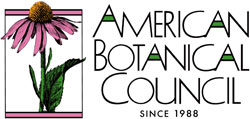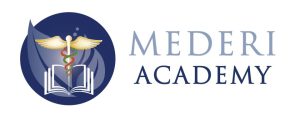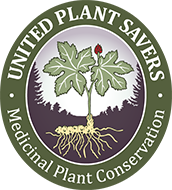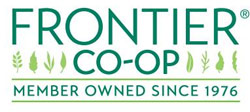The world lost a great human being, environmental medicine expert and teacher with the passing of Walter J. Crinnion, ND on March 11, 2019.
Walter was a regular speaker at Medicines from the Earth for years, and he endeared himself to us by his wide-ranging knowledge of the effects of environmental chemicals on fertility, childhood health and obesity, but also by his hilarious sense of humor and quirky delivery. His presentations were filled with scientific data and never boring! Continue reading








